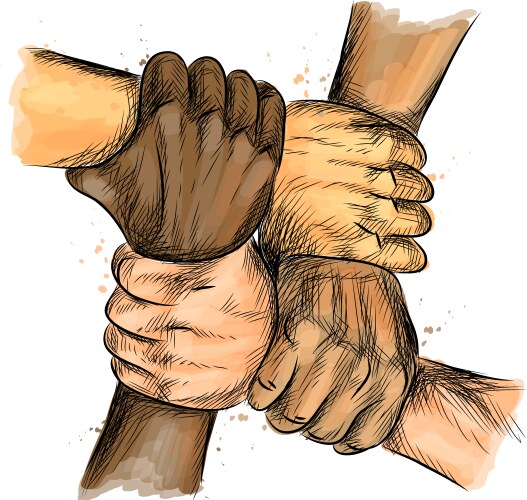
Together & Connected
Team: Where We Belong
A team is the space where individuals come together to create something bigger than themselves. It’s about sharing ideas, supporting each other, and celebrating every step forward. A team is not just about what we do—it’s about who we are, together.
A journey through life
Introduction
The concept of "team" isn't limited to just work or projects—it's about how we come together in every aspect of life. From friends to family to coworkers, teams are built on trust, collaboration, and shared goals.
"Alone we can do so little, together we can do so much." — Helen Keller
In this chapter, we’ll explore the essence of teams, their role in our lives, and how they shape our experiences. Note that the order might be interchangable in some cases and some chapters are "optional". Each of us is different and has a different experience and perspective on life. Let’s begin our journey of teamwork!
First Steps: Childhood Teams
From playing games to learning new things, our first "teams" are often formed with friends and family. We don't have yet an identity, so we don't really choose our teams or friends. These early experiences help us understand the value of collaboration and shared success.
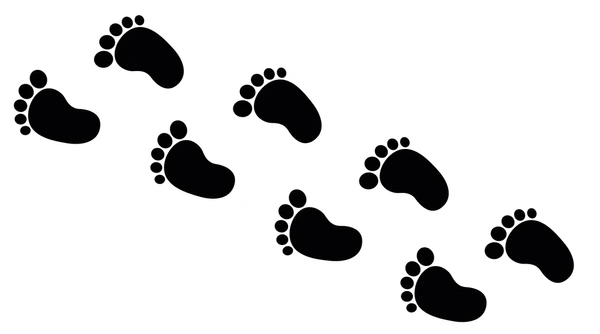
The teamwork skills we develop in childhood lay the foundation for future collaborations. It’s in these formative years that we start to learn what it means to support others, share tasks or even toys, because sharing is caring.
School Years: Learning the Power of Collaboration
In school, we experience teamwork in a more structured way—group projects, sports, and extracurricular activities teach us how to communicate, collaborate, and achieve common goals.
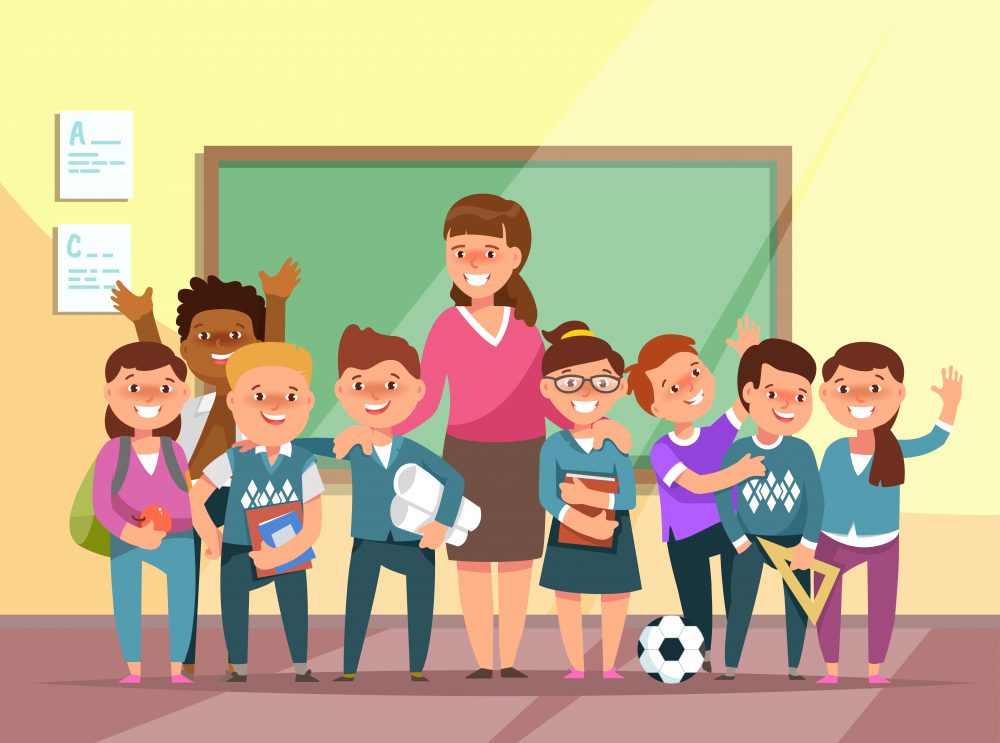
Whether it’s preparing for exams together or building something in class, the importance of each person’s contribution becomes clear. This is where we understand the true meaning of "teamwork" and how to leverage each person's strengths.
Teenage Rebellion: Finding Your Tribe
As teens, we rebel against the norms and search for our own identity. But even in rebellion, we form tight-knit groups that support us through challenges and celebrate our individuality.
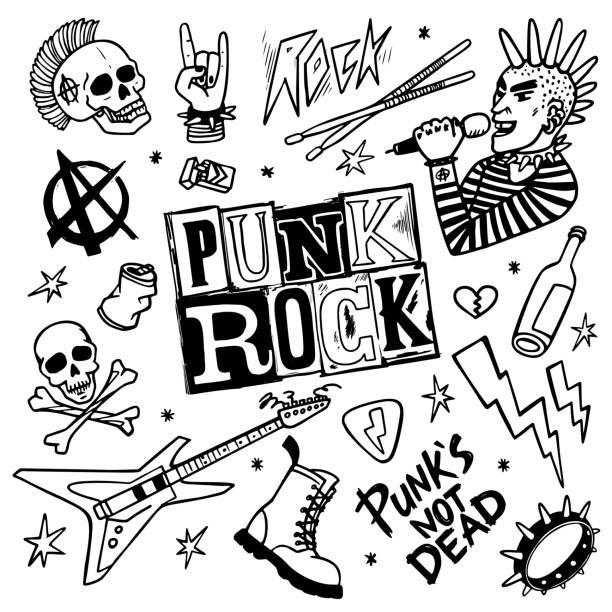
These "tribes" often become our first real experiences of loyalty, trust, and collaboration in the face of adversity. They shape our views on what it means to be part of a group with shared values.
This is one of the most important steps, because by getting into the wrong groups, it might shift your entire future and collaboration perspective in a negative direction
Getting Serious: Work Teams
As we step into the workforce, the concept of teams becomes central to our professional lives. The workplace teaches us the dynamics of collaboration on a larger scale, where success depends on each team member's contribution.

In the workplace, we learn about roles, responsibilities, deadlines, and how to handle differing opinions. But, at the core, it's the shared goals that bind us together and make our collective success possible.
Here we learn another important lesson: making a team with someone we do not agree or like. But we always need to keep in mind one crucial goal: collective success is always better than individual one
Family: Chapter 1 reinvented
Family is often the first team we’re a part of, and for many, it remains the most important one. But now, there is a little change in the roles. You marry the person you love (hopefully), you have your own children, that you're responsible to educate and help them learn to work in a team
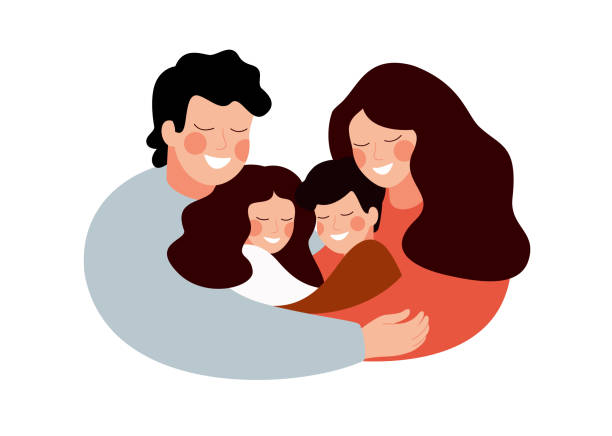
Even though you have all the previous chapters available, you still have your friends group, your work collegues, your parents and family, this will be the only chapter that you decide what's the team that you would (ideally) spend the rest of your life with
Getting Old: Reflecting on the Teams We Built
As we grow older, we often reflect on the teams we've been part of—the friendships, the work collaborations, and, most importantly, the bonds we've built over the years.
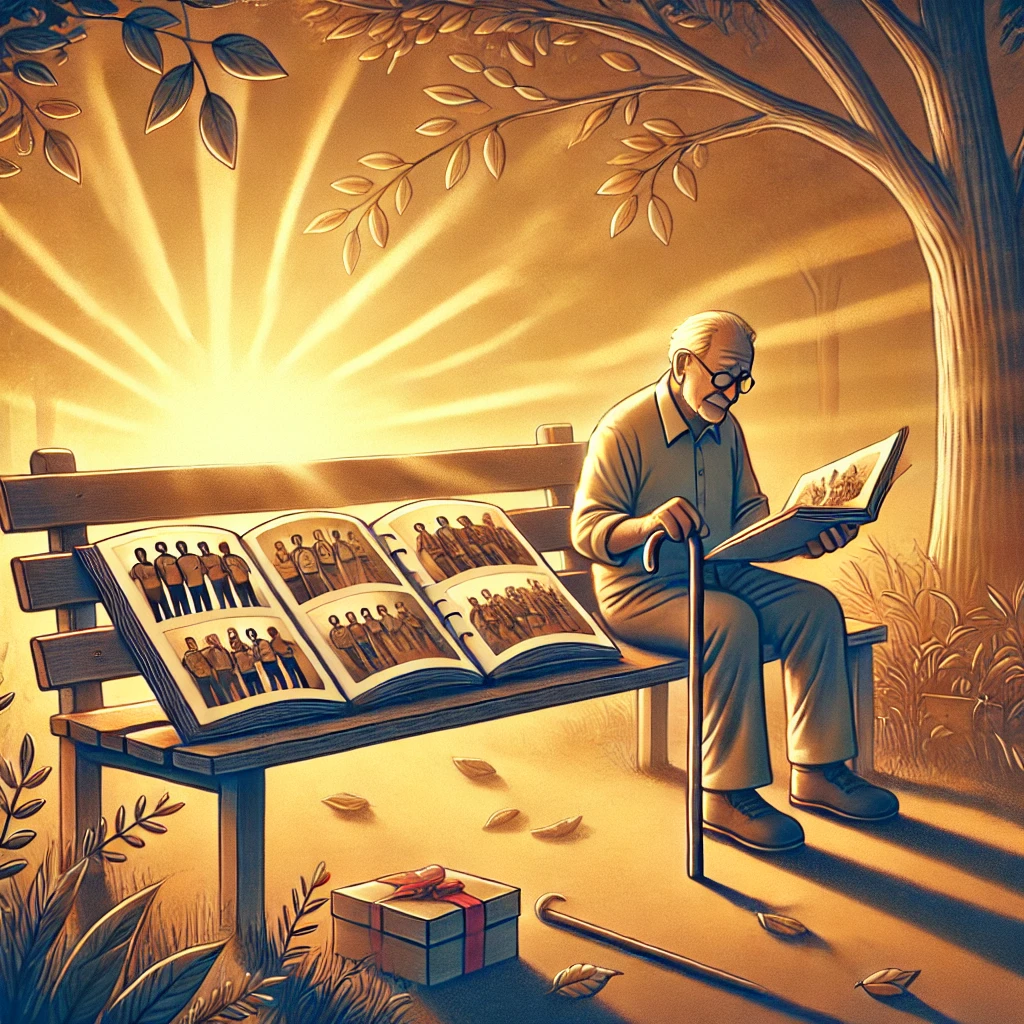
Unfortunately, this is also the chapter in which we might become alone. The only thing you can do is to cherish the moments we are together with our dear ones, find social activities like playing chess in the park and most imporant, cherish the teams that we made along the path
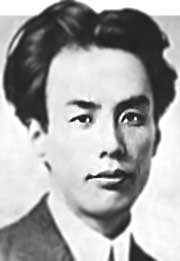
Ryunosuke Satoro
Individually, we are one drop. Together, we are an ocean.